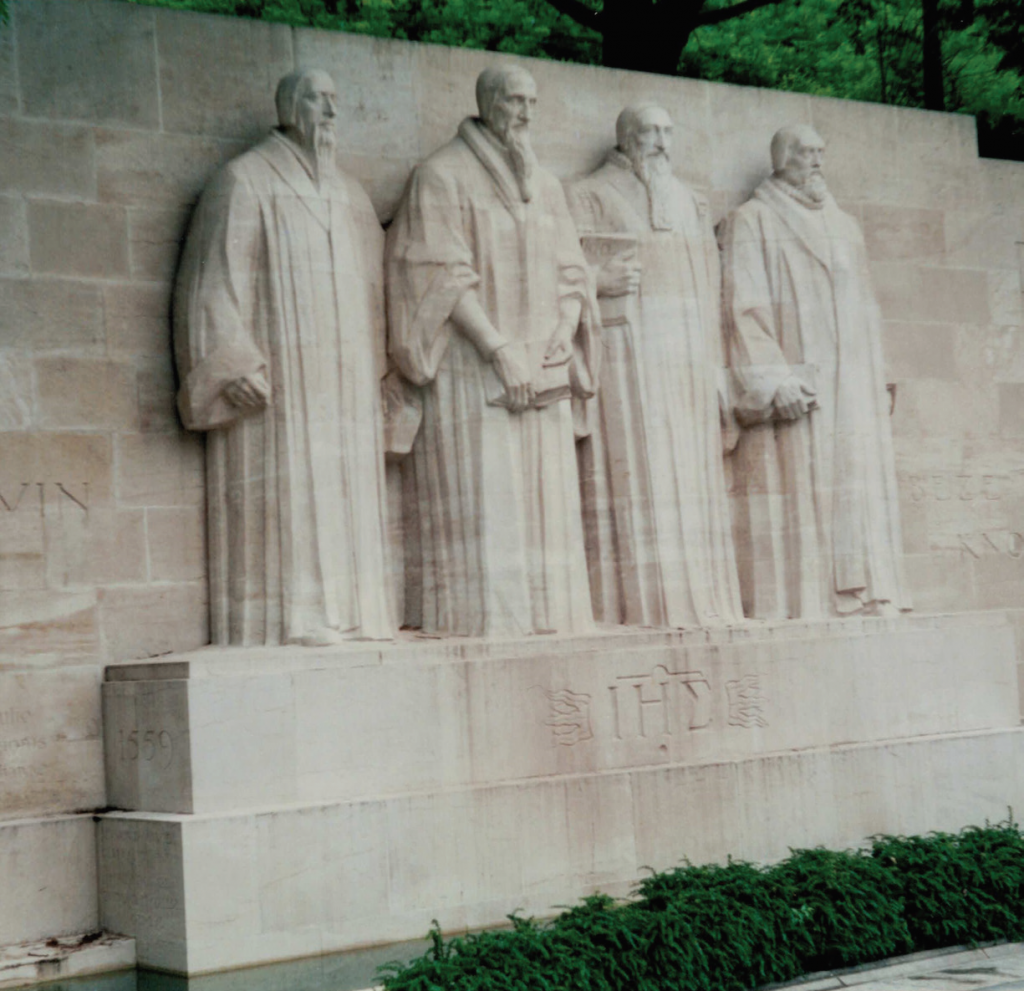1 Chronicles 29:14 : But who am I, and who are my people, That we should be able to offer so willingly as this? For all things come from You, And of Your own we have given You.
2 Corinthians 9:7-8 : So let each one give as he purposes in his heart, not grudgingly or of necessity; for God loves a cheerful giver. And God is able to make all grace abound toward you, that you, always having all sufficiency in all things, may have an abundance for every good work.
Thankfulness
Synod Armadale 1956 decided to advise the churches to arrange an annual service for prayer and thanksgiving for harvest and labour on the third Sunday of the month of February. That is 16 February for this year.
Thanksgiving, that is something that comes from the heart. We cannot be thankful on command: we are thankful because we know that we have something to be thankful for. Because we have received blessings. Then we see our blessings and rejoice.
Out of thankfulness we then offer to the LORD our sacrifices of thankfulness.
In Romans 12:1 the apostle Paul beseeches us to offer ourselves to God as a living sacrifice. Our entire life is a life in thankfulness, because we know that we are saved by Jesus Christ and now want to live for Him.
There are moments that we show our thankfulness in a specific way, for instance by giving our financial donations. Many of us do so especially on the Thanksgiving Sunday. The Bible teaches and encourages us to do so.
I quoted two texts at the beginning of this meditation, in which the Bible emphasizes that those sacrifices of thankfulness must come from a willing heart and should not be imposed on the congregation.
Continue reading “Thanksgiving”

